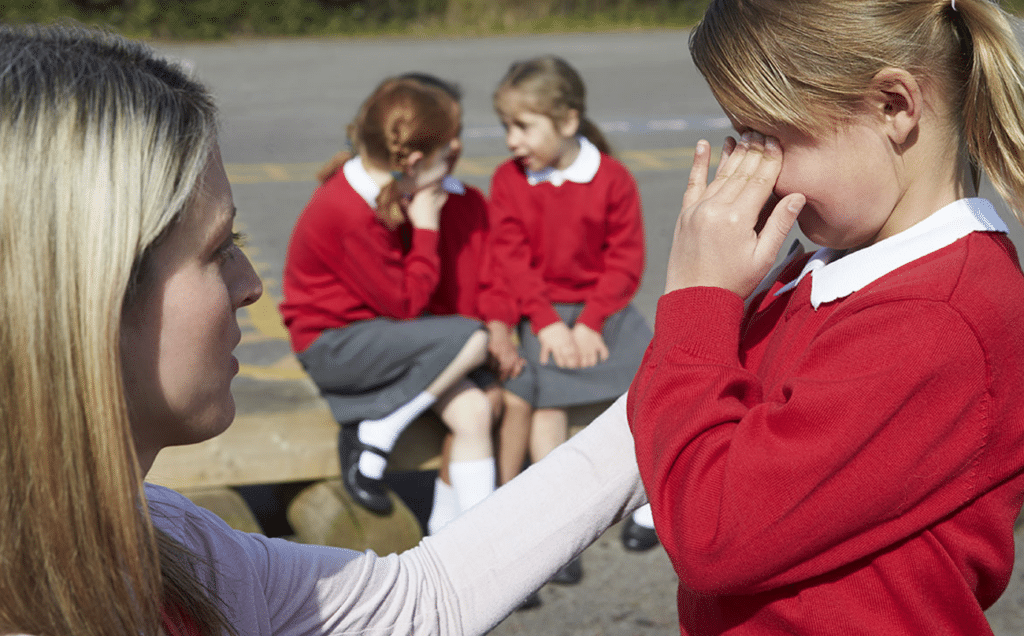
Top tips to tackle bullying
Anti-Bullying Week 2018 will be held from 12th – 16th November and it aims create an open discussion about what we can all be doing to prevent bullying. Anti-bullying week is not only important in uniting people against bullying, but it also raises awareness of the impact schools have in protecting children from bullying and ensuring that they are able to reach their full potential in school.
Bullying is a common issue found in many schools, but it can sometimes go unresolved unless reported so it’s difficult to know how many children are actually affected by bullying. According to a survey in 2011 more than 16,000 young people were absent from school due to bullying between 2010 and 2011. A report by the Department of Education also found that pupils missing up to 14 days of school in key stage 2 are a quarter less likely to achieve level five or above in reading, writing or maths tests than those with no absence.
It’s incredibly important for school members to be aware of what they can be doing to educate children on bullying and know how to help stop bullying in schools. We’ve put together our top tips on how teachers can prevent bullying and how they can raise awareness during anti-bullying week.
School Policy
Your school most likely has its own anti-bullying policy in place, but it’s important to make sure that it’s up to date and that staff, pupils and parents are aware of it and where to find it. An anti-bullying policy should outline what behaviour is considered unacceptable, what bullying prevention steps the school has in place, the potential signs of bullying, what students should do if they are being bullied, what the school will do in the case of bullying and outline a partnership with parents.
Discuss bullying
Create an open classroom discussion about anti bullying week, what bullying is and the different forms it may come in. Ask the class how they think the person who is being bullied will feel and how it may affect their lives. Provide classroom activities relating to bullying and violence, including strategies to reduce the instances of bullying. Make the students aware of anti-bullying resources such as Kidscape and Childline.
Teach cooperation and respect
Children should be encouraged to participate in activities to boost social learning and empathy including understanding and appreciating their own identity as well as others. Tasks that include children working with pupils they don’t normally socialise with allows them the opportunity to work alongside someone different to them, teaching acceptance and awareness of differences as well as creating a sense of community.
Have a student action plan
Develop a classroom action plan to ensure that students know what do if they are being bullied or witness bullying. One way of doing this could be in the form of a post box that allows students to report bullying without fear or embarrassment. The post box enables teachers to be aware of the situation and reach out to the victim, letting them know they are not alone and that they are here to help.
Take immediate action
Children can sometimes find it really difficult to come forward and report bullying to a teacher so it’s important that when they do approach a staff member they are listened to and action is immediately taken to let them know you care and that the school is taking it seriously. Clear and immediate action will also help discourage any future bullying.
Partnership with parents
Working with parents and guardians is essential in establishing the schools anti-bullying ethos and resolving issues. Parents should be encouraged to reinforce the anti-bullying policy at home. Parents should also be encouraged to speak to the school if they have cause for concern about their own children or others in the school. In the case of bullying the school should also inform the parents of the victim and bully about the situation and work with them to resolve the issue.















